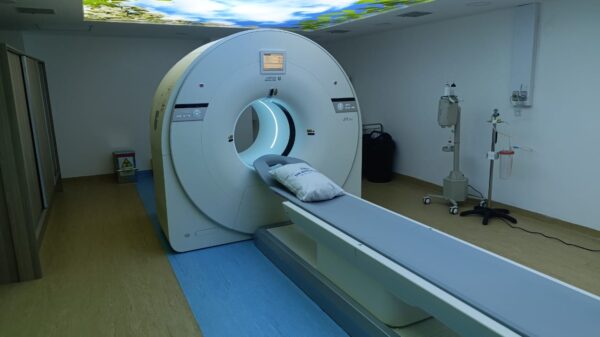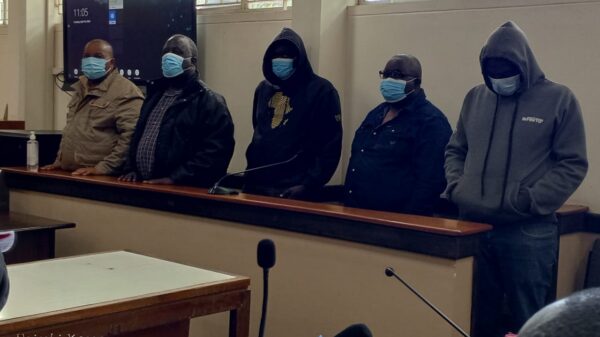NAIROBI, Kenya, May 26 – Nairobi has lost many coffee estates in its galloping growth into leafy suburbs. But its latest development, Migaa, is for the first time building a development that is keeping the coffee planted, and opening a coffee museum for the city.
Set just 20 minutes drive from central Nairobi, Migaa was originally five individual coffee farms – Gituamba, Migaa, Gakomo, Matandi and Waitangi – belonging to Twist and the Findlay family, until they were bought by Brooke Bond in 1971 and merged into one estate called the Migaa Coffee Estate.
The 775-acre estate, now under development as the city’s ‘Green Community’, is keeping half its acreage as gardens, lakes and a golf course, of which at least 100 acres will remain planted to coffee.
It is also adding to the novelty of its coffee heritage and setting by rehabilitating the former coffee factory at its core as a coffee museum, which will run pulping units, roast, grind and package the housing estate’s own coffee.
Set beside its own gift shop and cafe, the upcoming coffee museum is being built as part of a range of community amenities, spanning a sports and leisure centre, two schools, and office buildings for the development’s more than 4,000 residents.
The old coffee factory is where Brooke Bond Ltd milled and packaged its coffee, before selling to Aerotech in 1995. It remains fully functional with the pulping unit, workshops, skin driers, conveyor system, and fermentation tanks, drying barbeques¸ metal drying plates, coffee conditioning system and motors still in place.
Most of this equipment is still in the factory, which Migaa is restoring to its original state. The factory will not be run operationally, but is being recreated as a museum to give demonstrations.
“When refurbished, the factory will offer guided tours on coffee making for kids, schools and residents. It will be a place where the community can come and spend a day out with their family while learning about coffee in the area,” said Ray Kanno the Project Manager for Migaa.
The museum will also include other artifacts from the city’s coffee-growing period and a time pod for coffee growing in Kenya. The time pod will recreate narratives of coffee, coffee farming, coffee farmers and golf in the Anmer and greater Kiambu areas.
“The museum project is set to be one of the most interactive and innovative historical tours in the country,” said Mr Kanno.
It will also house a narrative and photo display chronicling the estate’s history and including information on His Majesty King Edward VII, James & Flora Findlay, Brooke Bond Kenya Limited, Kenya Aerotech Limited, Mr & Mrs Murigu and, finally, the Green Community’s current owners, Home Afrika Communities Limited.
The main purpose of the museum and coffee shop is to celebrate coffee production in Kiambu and Kenya as a whole.
The history of coffee in Kiambu dates back to the 1900’s when white settlers arrived in the area as they were building the railway. The British government began leasing 640-acre lots of land to European settlers, including in the area around Kiambu. The first settlers who came to the area dabbled in growing maize, wheat, barley, English vegetables, tobacco and fruit trees. Others even started dairy farms.
Nothing was successful until in 1904 two Frenchmen, Aulbert Favre and his partner Felix from the St Benoist Estate (later Cheleta), saw 100 coffee trees bear their first crop, with another 9,000 growing and 12,000 in a coffee nursery.
Coffee growing went on to become the main economic activity of the area. But in recent years housing developments have sprung up in Kiambu and the town, seeing the area rapidly losing its heritage and many coffee farms sold to developers who have entirely eliminated the coffee, which has been replaced with buildings.
The coffee museum is in line with Migaa’s commitment to achieving a green development that will be the first of its kind in Kenya, embedded in natural surroundings and fully serviced with state-of-the-art, underground recycling facilities and alternative technologies.
Follow us on TWITTER @CapitalFM_Kenya


































